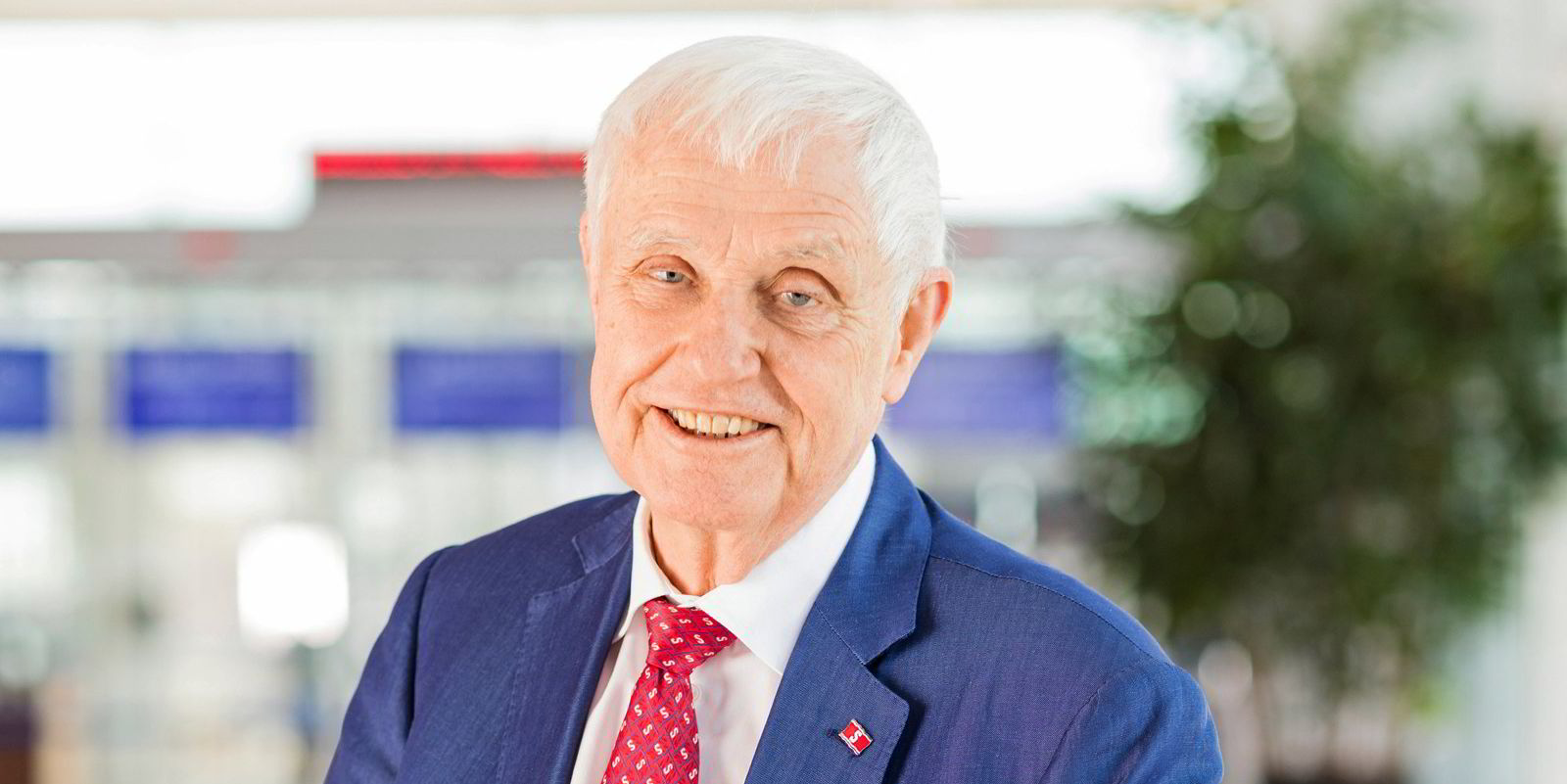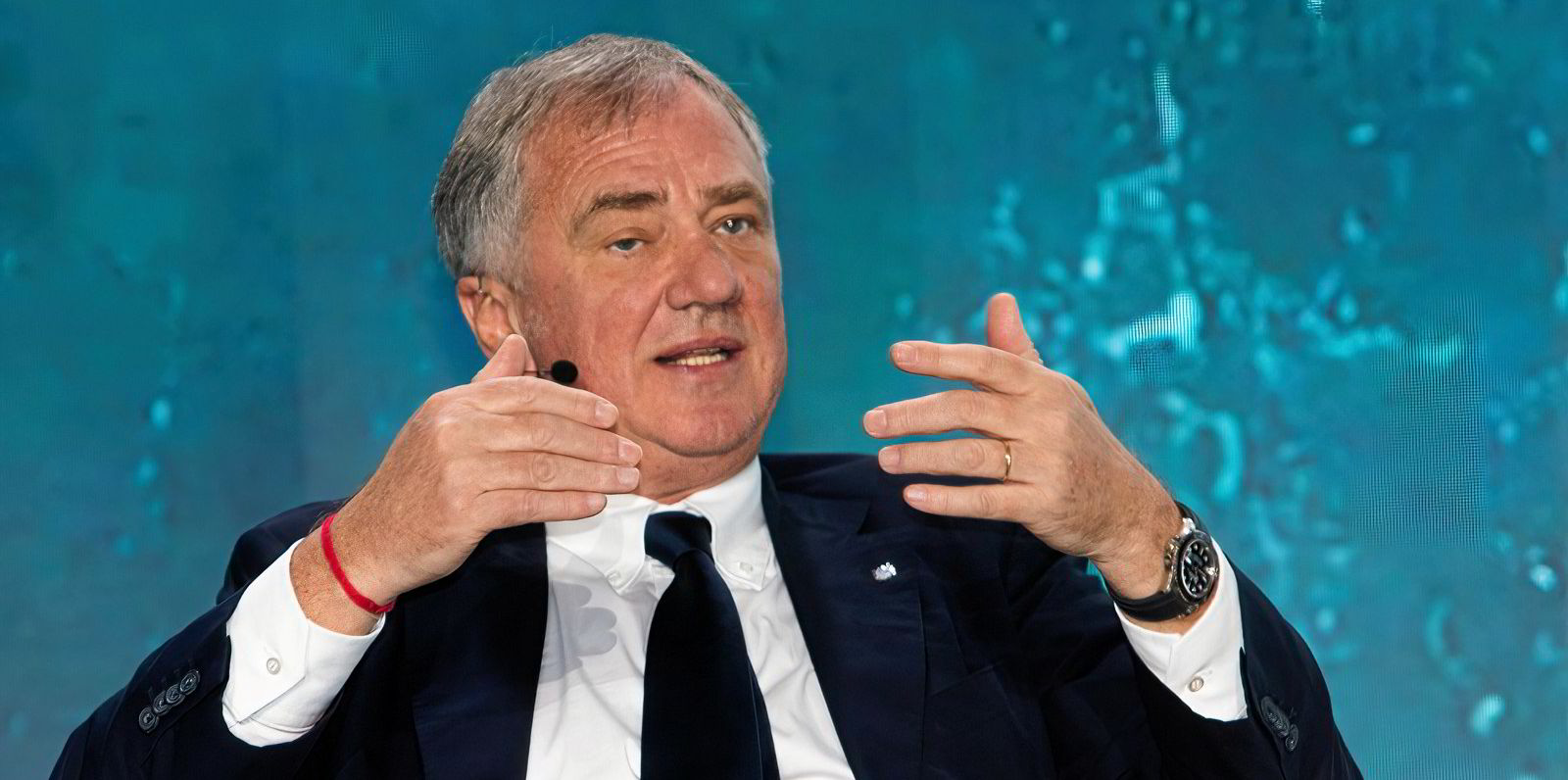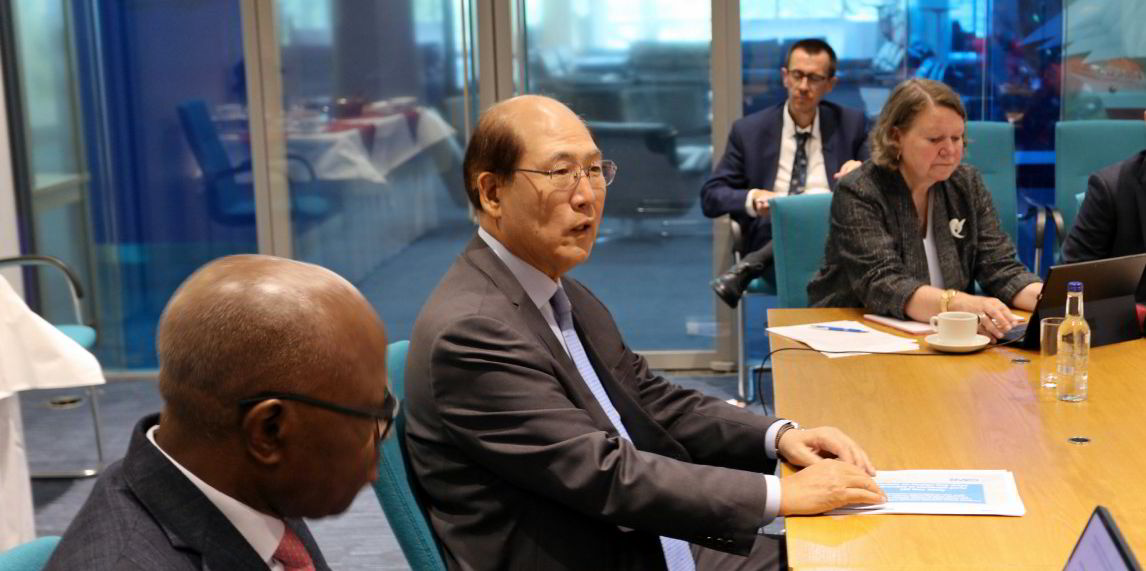Stena has returned to CMI Jinling shipyard in Weihai for two newbuildings with methanol and battery capabilities.
The company announced on Monday that it had ordered two dual-fueled cargo ships on behalf of Stena Line for use in its cross-Irish Sea route.
“These vessels are a further development of our previous cargo ship concepts where focus on sustainability and future-proofing with multi-fuel combustion engines are prioritized,” Stena Roro managing director Per Westling said.
The roro and ropax operator said the ships can be powered by methanol or conventional fuel and were being built with an eye towards future environmental requirements “for example by using batteries as a future means of propulsion”.
It added that the ships will have increased cargo capacity and manoeuvrability, the latter required by the shallow draught at the narrow port of Heysham in the northeast of England, where the ships will call before heading to Belfast.
Stena Roro will take responsibility for the contract and the two vessels, described as NewMax sized, are set for delivery in 2025.
As it stands, Stena Roro has three ropax ferries under construction at the CMI Jinling yard, all capable of handling over 1,000 passengers, according to Clarksons.
The first is due for delivery later this year and will be LNG-capable.
The other two will be battery-powered.
Earlier this month, Stena AB chief executive and controlling shareholder Dan Sten Olsson said the company believes in battery power for shorter routes, but that methanol was a viable alternative in place of conventional fuels.
Olsson said methanol can be produced as a climate-neutral fuel — which requires biomass as a feedstock in production — and can reduce carbon emissions by up to 95%.
He warned that renewable fuels could cause costs to skyrocket, prompting the company to take a cautious approach to switching.
Stena AB controls both Stena Roro and Stena Line.





